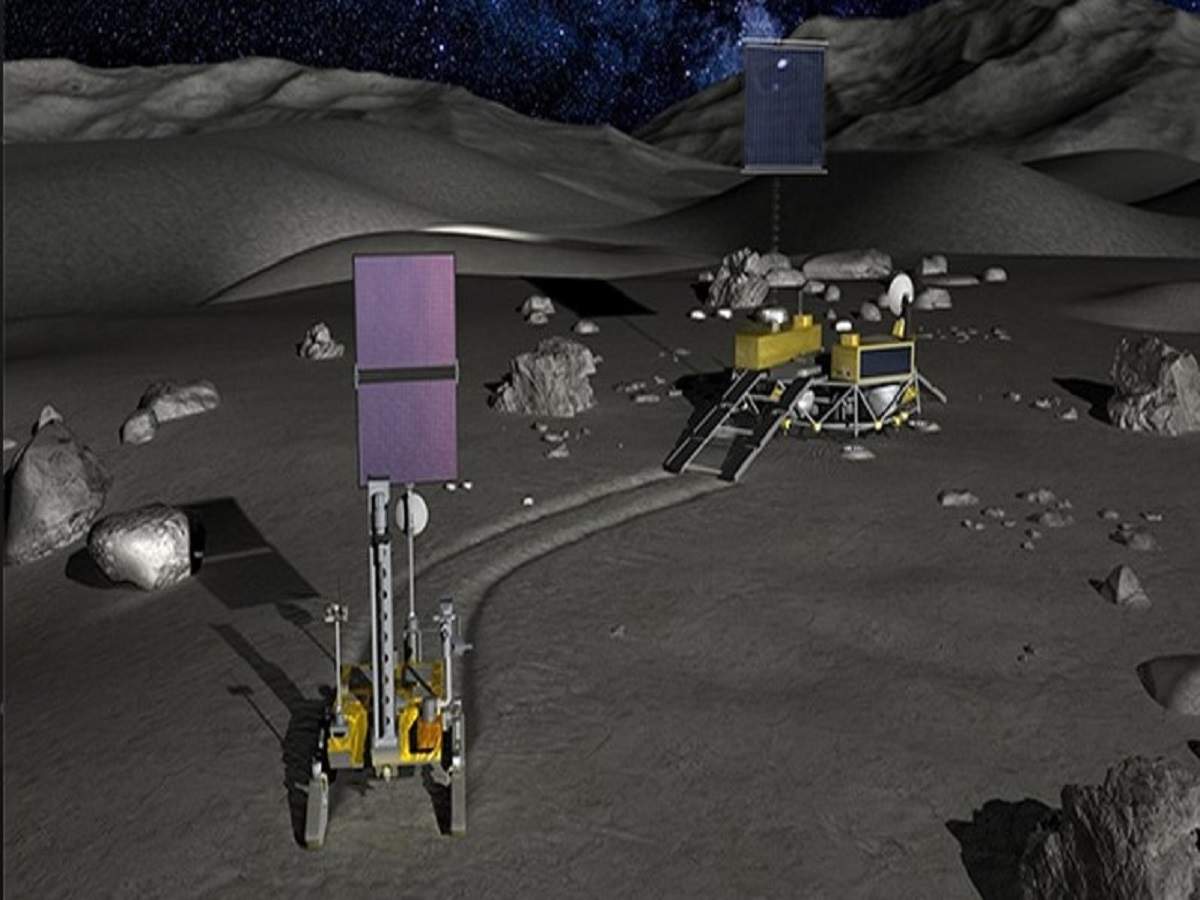
SOURCE: TNN
The Indian Space Research Organisation (Isro), which is working on its second Moon landing mission — Chandrayaan-3 — for next year, has now formed a study group for another moon mission along with Japan.
The India-Japan mission, a joint initiative between Isro and Japanese space agency JAXA, was in the cold storage as Isro was focusing on its own moon and human missions. Senior scientists have now confirmed to TOI that it is back on the space agency’s agenda.
As part of the mission, Japan will be launching a joint lunar mission — Lunar Polar Exploration (LPE) — and as details shared by JAXA, the mission will be launched after 2023 and will involve a lander and a rover.
JAXA diagrams show that the Japanese would be building the overall landing module and the rover, while Isro would develop the lander system.
The mission will be launched from Japan, and the designated launch vehicle is the H3 rocket, manufactured by Mitsubishi Heavy Industries.
“What we will design for the Indo-Japan mission will be subject to how the systems on Chandrayaan-3 will perform and whether or not we will be able to achieve a successful landing next year. Earlier this month, we got an internal communication about the study group, which means that the project is back on track,” an Isro scientist said.
The first thinking of this mission was made public in 2017, during a multi-space agencies’ meeting in Bengaluru and it was then also part of the inter-governmental discussions during PM Narendra Modi’s visit to Japan in 2018. The TOI had reported in September 2019, that the project had since moved forward and both agencies were keen on landing on Moon together.
According to JAXA, analysis of observational data suggests the existence of water in the polar regions of Moon. “…JAXA is working with Isro to plan an international collaborative mission to obtain data on the quantity and forms of water resources present, in order to determine the feasibility of utilizing such resources for sustainable space exploration activities in the future,” JAXA said.
The mission’s aim is to obtain actual data regarding the quantity of water from in-situ observations of areas where water is anticipated to exist, based on the available past observational data. It also seeks to understand the distribution, conditions, form and other parameters of the lunar water resources in the polar regions.
The TOI had reported in June about how the project intends to improve the technology needed to explore the surface of low-gravity celestial bodies in order to support future lunar activities. “These advancements include technology for mobility, lunar night survival and mining excavation,” JAXA added.






